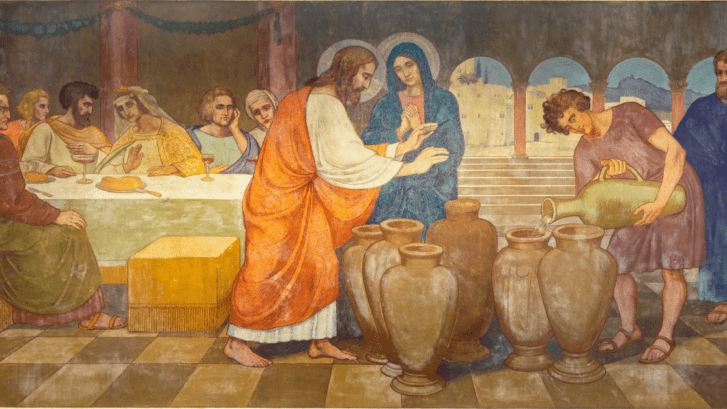Today might feel a bit strange. The Church is still lively, but somehow different. The Nativity scene is packed away, the wise men have returned to the East, the shepherds have gone back to their flocks, the angels have stopped singing, and the star has disappeared. Christmas is now a memory.
We’ve entered what the Church ironically calls “Ordinary Time.” Back to our old routines.
We might look ahead, longing for Easter, spring break, Valentine’s Day, or even the relief of “Thank God it’s Friday.” But in doing so, we risk making Christmas feel like an end. Yet, Christmas is not an end—it is a beginning.
Christmas was a high point, but not the highest. Christmas changed our world—but only if we allow it to. No Christian can live on Christmas alone. Jesus is no longer an infant. He didn’t stay in Bethlehem, making the crib His permanent home.
He moved on, spending 30 years in a small town where His disciples would later ask, “Can anything good come out of Nazareth?”
He publicly ministered for only about three years to the people He came to save. Even then, He didn’t begin with angels, thunder, or displays of power. He began quietly—with a small miracle, turning water into wine. This simple act was a sign of His transforming power, a whisper of things to come.
In the future, He would turn sorrow into joy, despair into hope, fear into faith, and sinners into saints. The sick would be healed, and the dead would rise.
In today’s Gospel, the Blessed Mother turns to her Son and says, “They have no wine.” I wonder if she might also be speaking to us. Perhaps the wine has run out in the wedding of your life.
Maybe the sense of celebration or fulfillment has faded in your marriage, your job, your career, your friendships, or even your faith. It happens to all of us. At times, we all feel as though the wine is running out.
I hear it often: “My marriage feels like so much work—cleaning the house, caring for the kids, fixing the roof, getting the car serviced.” “My job feels like a dead end. My career is on hold.” I hear it in the voices of those whose wine has run out: “Why should I vote? It doesn’t matter who wins. I’m too old to bother.” We all feel this way sometimes. The Blessed Mother could very well be pointing at us.
But then Jesus enters with the power to transform. He comes with the message that, even in our moments of disaster, hurt, and betrayal, growth and fulfillment can emerge. Did you notice that Jesus asks for help in performing this miracle? He tells the servants, “Draw some water and fill the jars.” Without their action, there would have been no miracle. The transformation would not have happened.
The message is clear: Jesus not only has the power to transform our emptiness, pain, and despair, but He also invites us to play a role in that transformation. He asks, “Will you help? Bring Me the water, so I can make all things new.”
We are called not only to allow Christ to transform our lives, but also to reach out to those around us whose wine has run out. Do we remember in our prayers those whose cups are empty? Do we notice those who are spiritually thirsty? Do we invite others to come and worship? To hear God’s Word?
This Gospel is not just about a wedding; it’s about emptiness. People are suffering from a profound emptiness—one that is more spiritual than physical. When someone says, “I have no more wine,” there is something we can do to help fill that void. We can assist the Lord in His work. We can pray, we can invite, and we can bear witness to what God has done in our own lives.
As we do, let us remember Mary’s final words in the New Testament: “Do whatever He tells you.”


